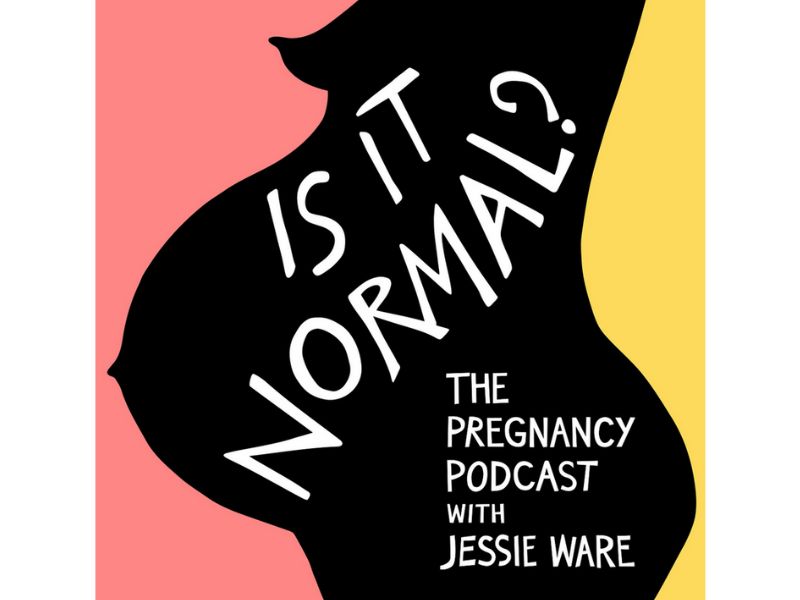
By Kate Usher
When we think about menopause, many feel uncomfortable, most don’t want to think about it, after all, it’s not got the best reputation. It sweeps in uninvited, makes us feel terrible devastates our ability and then robs us of our sense of self. Realistically it’s little wonder we hope it comes sometime in our late 50s.
Spoiler alert – most start experiencing their symptoms in their early to mid-40s. Contrary to media coverage, not everyone has severe symptoms and every person’s experience is unique.
Menopause is still laced with outdated depictions of what might be, even with the rapid increase in discussions in the media.
All this has an impact, when we do start to experience menopause on how we feel about being open about it. We are not only managing our thoughts but anticipating what others will think of us as well.
Many struggle to mask their symptoms, while others choose to step back from their ambitions, often accepting lesser roles. Sadly, a small but significant percentage leave work altogether. This is catastrophic for women and the organisations they run or work for.
None of this is inevitable.
Being proactive
The first step is always awareness. Find out what the menopause is, what the symptoms are and their potential impact. There is a lot of information out there, if needed, my website has easy guides for you to download.
Education gives us the ability to choose how we might support ourselves, should we need it. It also ensures that when symptoms do start arriving, we will be able to identify them for what they are. Too many women spend years trying to figure out what’s going on, spending hours in doctor’s surgeries trying to treat isolated symptoms like UTIs, aching limbs or anxiety, rather than seeing them as part of a whole. Knowledge is most definitely power.
It is important to note that not all women will have a severe experience a quarter of women have virtually or no symptoms at all. While half will statistically have at least one troubling symptom, with some support and lifestyle changes they will be fine. The remaining quarter however will have a very difficult time indeed and will need considerable support and assistance. Unfortunately, we can’t control which group we will be in, but we can control what happens next.
If our symptoms are affecting how we show up at work on a day-to-day basis, it is time to take positive action.
Identify which symptoms we are experiencing and the impact they are having on us. Doing this enables us to identify the support that will have the greatest positive impact. Many organisations have extensive wellbeing and medical programmes that can be accessed remotely. However, some will need additional support, at which point a conversation with managers or HR will be necessary. Requesting support is not a point of defeat but one of positive intent. It states that we are willing to do what it takes to keep your career on track.
Which brings us to talking. For those who work in a male-dominated environment, this can feel like the biggest hurdle and many choose to remain silent. But, if our symptoms occur while at work, colleagues both male and female, will be wondering what’s going on and will in most cases be making assumptions as to the cause. This is unhelpful and can lead to gossip, which is to be avoided. Talking about menopause is part of the process of taking control of our experience. It also defines how people talk about us and our menopause.
I always advise people to follow an easy three-step process when talking about their menopause:
Step 1 – Be open and clear – State that this is menopause, indicating the behaviours that colleagues might have witnessed.
Step 2 – Be proactive – State what we are doing about it eg what support we are accessing.
Step 3 – Be specific – State what we would like them to do when our symptoms occur eg get me a glass of cold water.
Most people appreciate not just the candour but also the facts. As human beings we feel uncomfortable in the face of uncertainty, removing that restores our sense of order and drives up confidence that we have things under control.
Why is talking important?
Relationships sit at the heart of our success, they are conduits for opportunity. Every relationship we have is built on expected behaviours, as previously stated, we like certainty. Because our symptoms can and do impact the way we show up, that certainty is repeatedly tested. This can begin to damage our relationships, and in turn, limit our opportunities.
This becomes particularly apparent when those relationships are with managers, sponsors or mentors. These are not conversations to be delayed or ignored. Talking is the proactive step to ensure we continue to nurture those bonds. In doing this we are defining our ambition, that we are looking beyond this phase and towards those future successes.
This brings us to the last point, ambition. While menopause can impact the way we do things, it doesn’t remove our desire to reach our goals. Once our hormones begin to settle, we become focused on what is important to us. That focus enables us to harness our drive and ability, more so than ever before. This is not an end it is a beginning, yet one we rarely discuss.
We are at a point with menopause where we need to rewrite the narrative around us and this life phase. Now is the time to focus on the future. There are simply a few steps to take before we get there.
About the author

Kate is an experienced Menopause Coach and gender equity consultant. She works with women and organisations to create simple strategies that enable modern and supportive Menopause conversations. Ensuring women retain their careers and organisations continue to benefit from some of their most brilliant employees.
She is an internationally published author, her book ‘Your Second Phase – reclaiming work and relationships during and after Menopause’ was shortlisted for the Business Book of the Year Award.
Connect with Kate
X | Instagram | YouTube | Menopause in Business
Further, help and support on menopause can be found below.
WATC Menopause Support | The Menopause Charity | Menopause and Me | Balance








